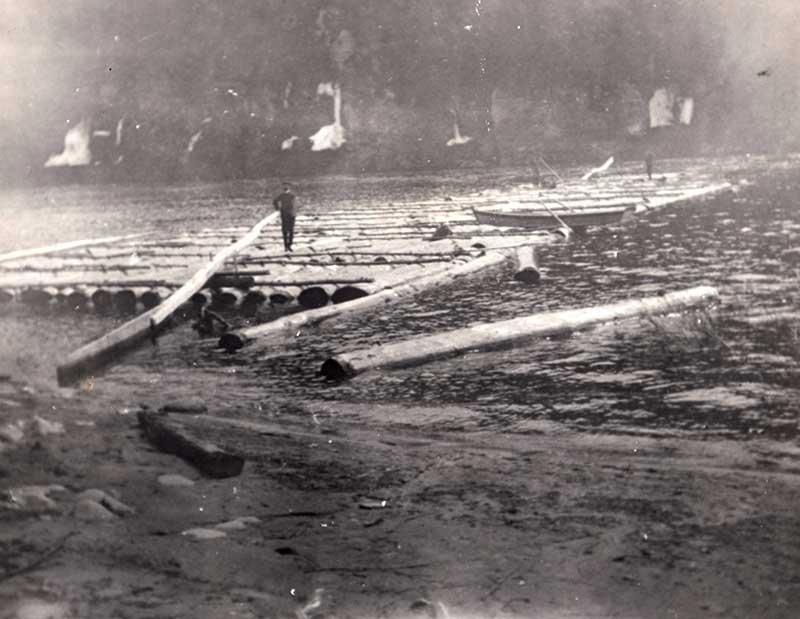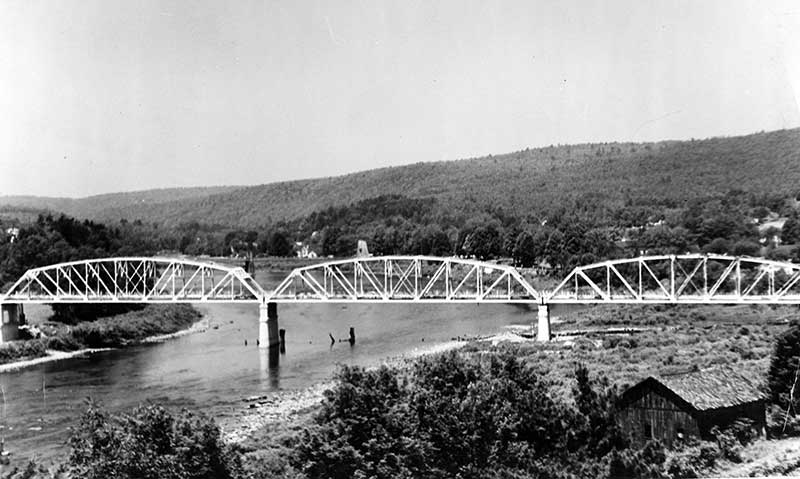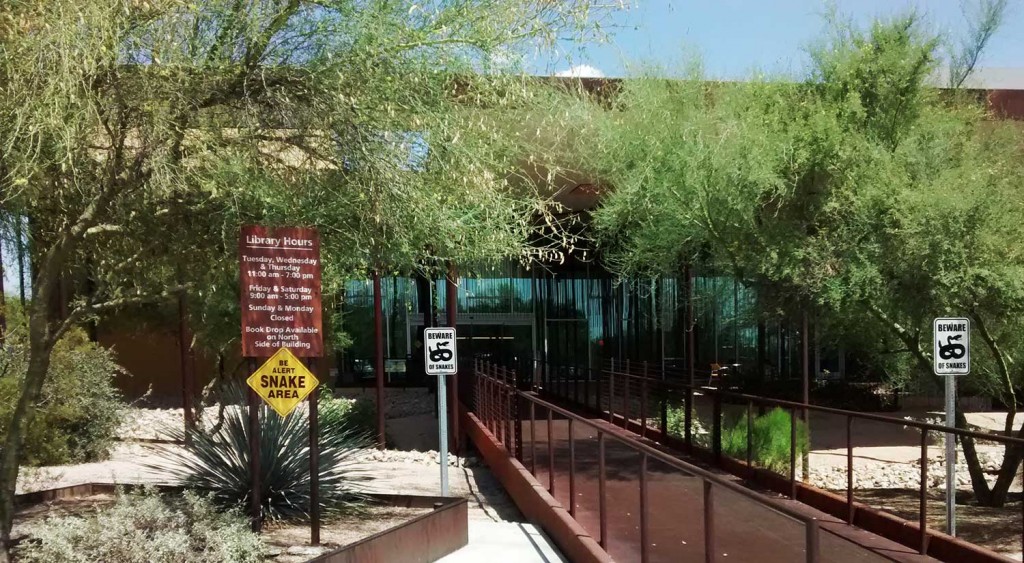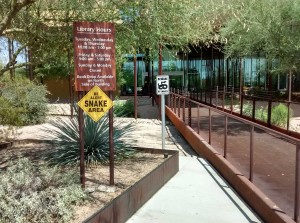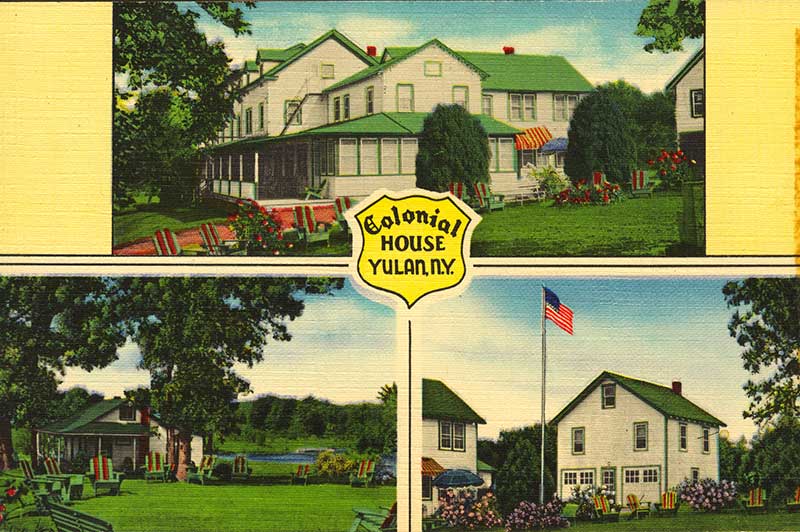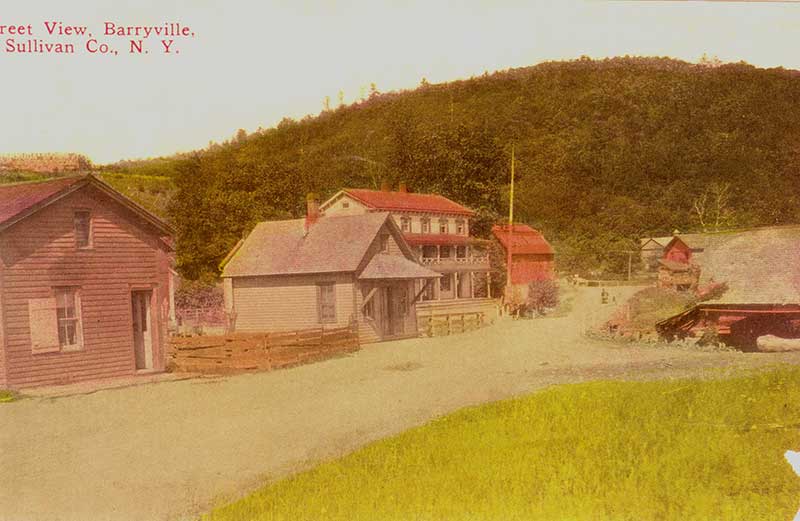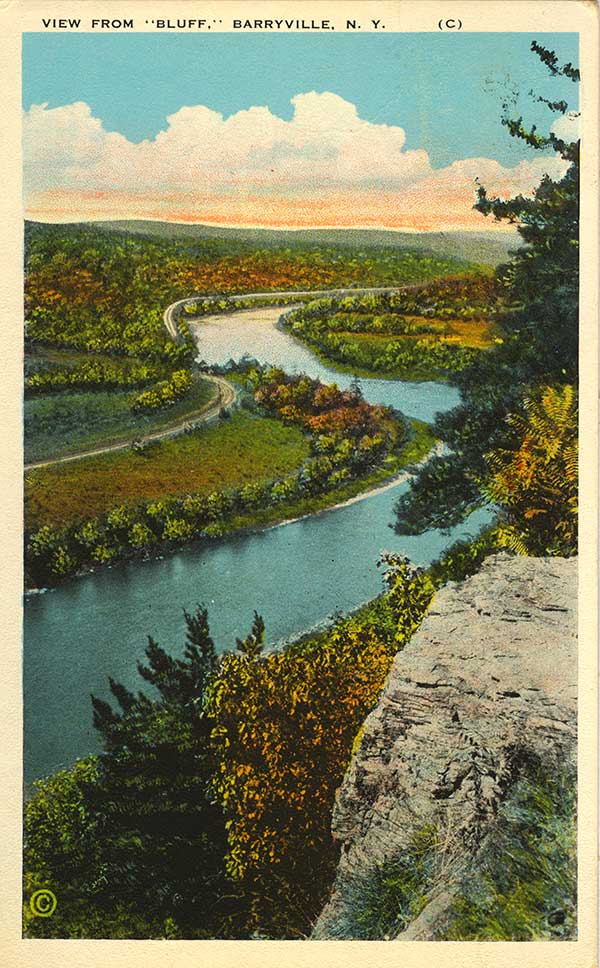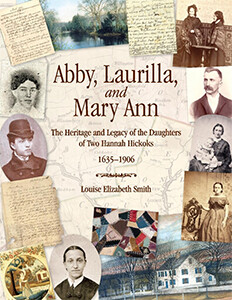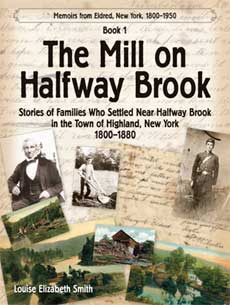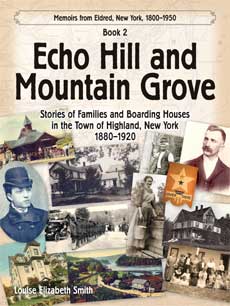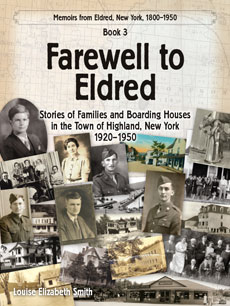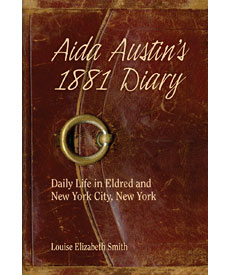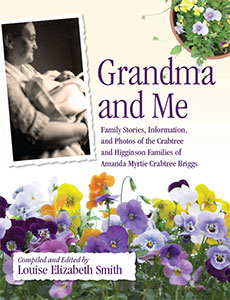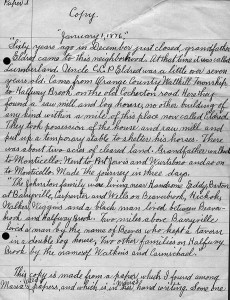
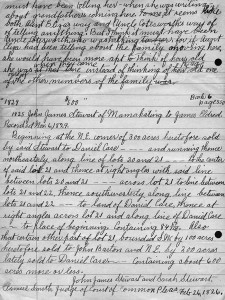
To the left are two of the pages I referenced for “The Mill on Halfway Brook” regarding the arrival of the Eldreds in what would become Eldred, New York. The pages were copied by my great-aunt Aida Austin from what her sister Maria Austin had written January 1, 1876 about their grandfather James Eldred. Around 1939 (click on “continue reading” below) Aida Austin seems to have become interested in Eldred’s History.
Sixty years ago in December just closed, grandfather Eldred came to this neighborhood. At that time it was called Lumberland. Uncle C.C.P. Eldred was a little over seven years old. Came from Orange County, Wallkill Township, to Halfway Brook on the old Cochecton road. Here they found a saw mill and log house, no other building of any kind within a mile of this place now called Eldred.
They took possession of the house and sawmill and put up a temporary stable to shelter his horses. There was about two acres of cleared land. Grandfather walked to Monticello. Went to Port Jervis and Wurtsboro and so on to Monticello. Made the journey in three days.
The Johnston family were living near Handseom Eddy, Barton at Barryville, Carpenter and Wells on Beaverbrook, Hickok, Walker, Wiggins, and a black man lived between Beaver Brook and Halfway Brook.
Two miles above Barryville lived a man by the name of Beeves who kept a tavern in a double log house; two other families on Halfway Brook by the names of Watkins and Carmichael.


